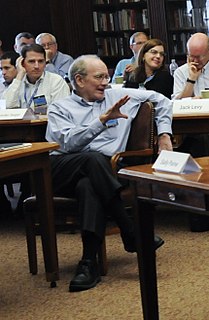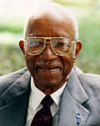A Quote by H. W. Brands
I had this grand plan for writing the history of the United States in six volumes. This was in the mid-1990s; I was fairly young and very ambitious. I pitched it to a publisher, who just laughed at me.
Related Quotes
Some time ago a publisher told me that there are four kinds of books that seldom, if ever, lose money in the United States--first,murder stories; secondly, novels in which the heroine is forcibly overcome by the hero; thirdly, volumes on spiritualism, occultism and other such claptrap, and fourthly, books on Lincoln.
By the end of the 1960s, the United States owned more than half of the Indian rupee money supply, and that had been acquired through food aid. So I think it's very interesting to see the very long history of how sovereignty and food go together. When some countries remove another country's ability to feed itself, it is a very powerful tool. Imperialist countries, like the United Kingdom, like the United States, have used it for centuries.
Just before I left [Cuba], I was about to transfer to the university. I had decided I had had enough experience in work in the manual areas. But then I got word from the United States that I could return...that my party had gathered enough information about the false charges that were against me for me to return to the United States.
There had been a free and open election in Haiti in the early 1990s and president Jean-Bertrand Aristide won, a populist priest. A few months later came the expected military coup - a very vicious military junta took over, of which the United States was passively supportive. Not openly, of course, but Haitians started to flee from the terror and were sent back and on towards Guantanamo Bay. Of course, that is against International Law. But the United States pretended that they were "economic refugees."
I have looked at public opinion polls in France in the late 1940s and early 1950s during the height of Marshall Plan aid. They had a very negative attitude towards the United States then. There were negative attitudes towards the United States because of Vietnam. There were negative attitudes about the United States when Reagan wanted to deploy intermediate range ballistic missiles. I don't think the president should base his foreign policy on American public opinion polls, let alone foreign public opinion polls.
The president of the United States of North America, George W. Bush, the little gentleman of the North, the political cadaver that is visiting South America, that little gentleman is the president of all the history of the United States, and in the history of the United States, he has the lowest level of approval in his own country.








































